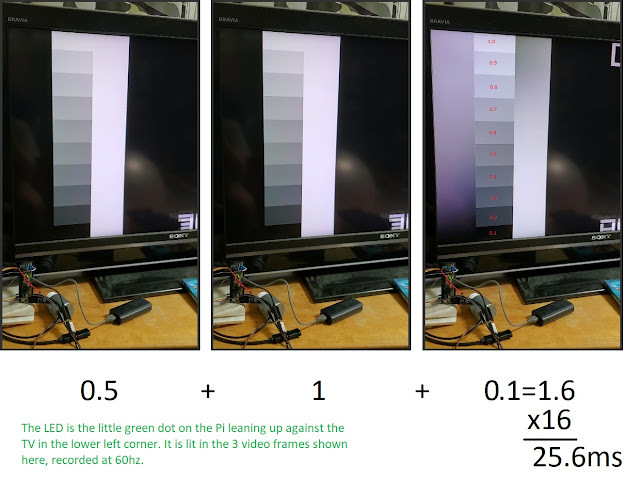Editing MSI files to allow installation under Win2k3
Have an .MSI that won't install under Win2k3? It's probably easy to fix. Here's how:
I wanted to install the Firefox WMP plug in from port25 but it turns out that MS decided that this plugin should not support server OSes. Actually, they just decided that the MicroSoft Installation (MSI) file wouldn't support server OSes. Luckily, it's easy to edit MSI files to fix this.
First, you need an MSI editor. Microsoft makes the one you want, called ORCA, but expects you to download it as part of a 300MB SDK. Luckily, it's easy to find online. I got mine from softpedia. Download and install this tool before proceeding.
Next you need the MSI file; Microsoft distributes it inside an EXE, downloadable from the port25 website. To get at the MSI file, double click the EXE, and continue thru the prompts until it tells you that you cannot install the program on a server OS. Before closing the dialog, look in your windows temp folder. There should be an MSI file there. It may be hard to find, as the file's mod date may be from 2007, but if you keep your temp folder clean it should be easy to find (if not, clean out your temp folder, and then run the installer again).
Make a copy of this MSI file, and then right click on it to select Edit with Orca. Now you need to find the rule that prevents the file from being installed. About halfway down the Table list you will find LaunchCondition. Click on this. You will see two rules, and a description of each. Select the rule that is preventing the install, and delete it. Now save the MSI, and then double click on it to restart the installation. Or, if there is only one rule, you can set it to to Privileged, which means that you have to be adminstrator in order to install the program, but it doesn't matter what OS you are using.
And that's all it takes to Install the Windows Media Player Firefox Plugin
I wanted to install the Firefox WMP plug in from port25 but it turns out that MS decided that this plugin should not support server OSes. Actually, they just decided that the MicroSoft Installation (MSI) file wouldn't support server OSes. Luckily, it's easy to edit MSI files to fix this.
First, you need an MSI editor. Microsoft makes the one you want, called ORCA, but expects you to download it as part of a 300MB SDK. Luckily, it's easy to find online. I got mine from softpedia. Download and install this tool before proceeding.
Next you need the MSI file; Microsoft distributes it inside an EXE, downloadable from the port25 website. To get at the MSI file, double click the EXE, and continue thru the prompts until it tells you that you cannot install the program on a server OS. Before closing the dialog, look in your windows temp folder. There should be an MSI file there. It may be hard to find, as the file's mod date may be from 2007, but if you keep your temp folder clean it should be easy to find (if not, clean out your temp folder, and then run the installer again).
Make a copy of this MSI file, and then right click on it to select Edit with Orca. Now you need to find the rule that prevents the file from being installed. About halfway down the Table list you will find LaunchCondition. Click on this. You will see two rules, and a description of each. Select the rule that is preventing the install, and delete it. Now save the MSI, and then double click on it to restart the installation. Or, if there is only one rule, you can set it to to Privileged, which means that you have to be adminstrator in order to install the program, but it doesn't matter what OS you are using.
And that's all it takes to Install the Windows Media Player Firefox Plugin



Comments